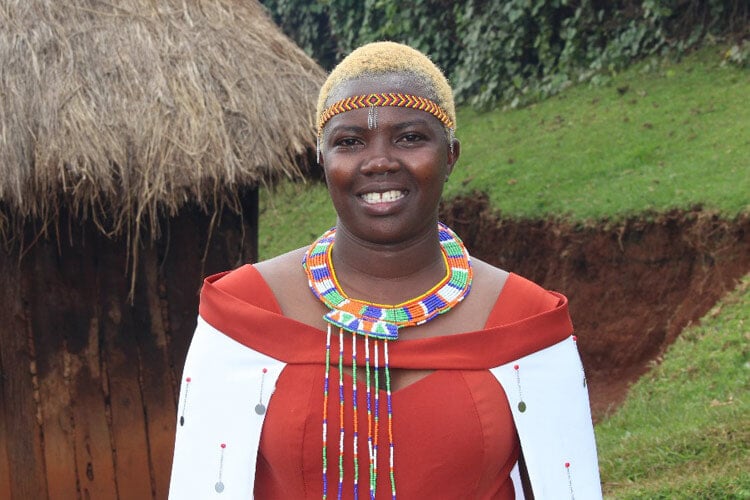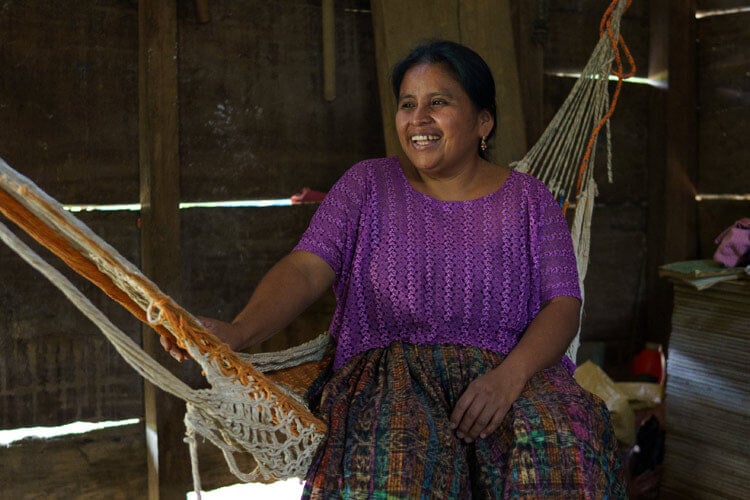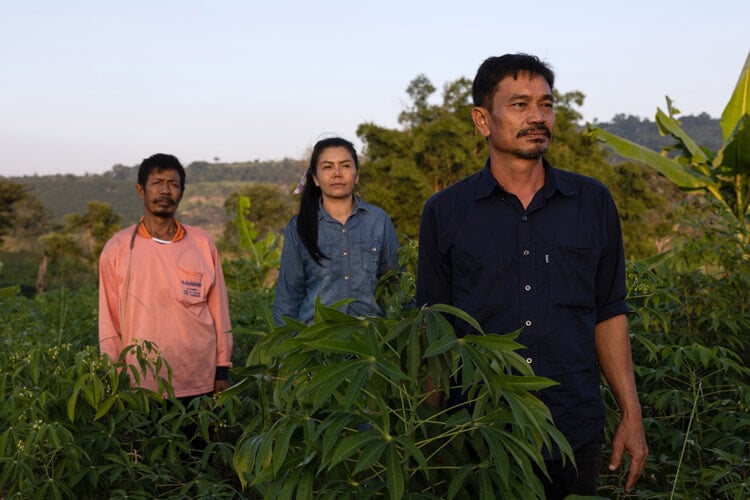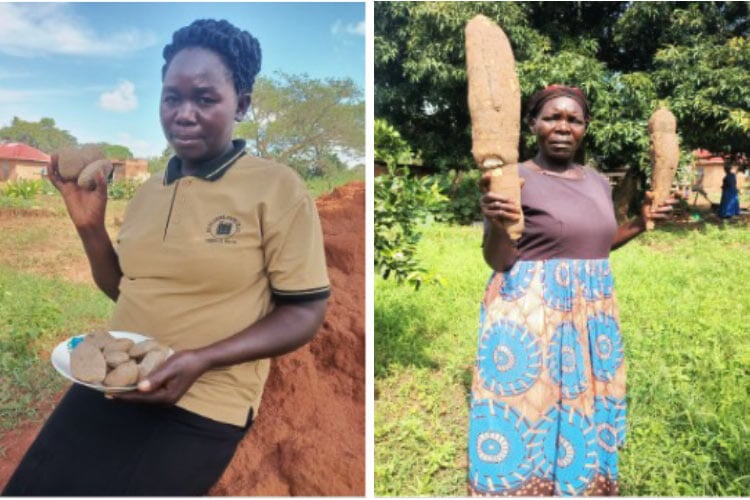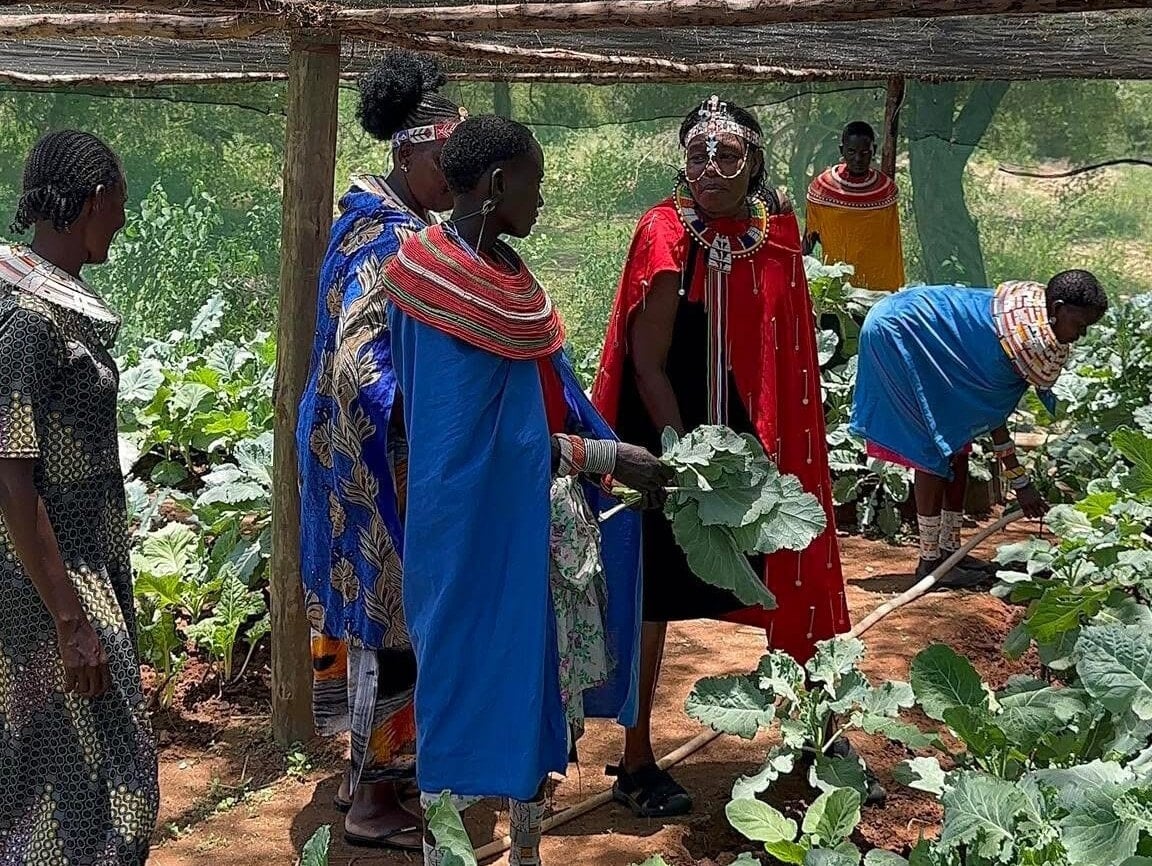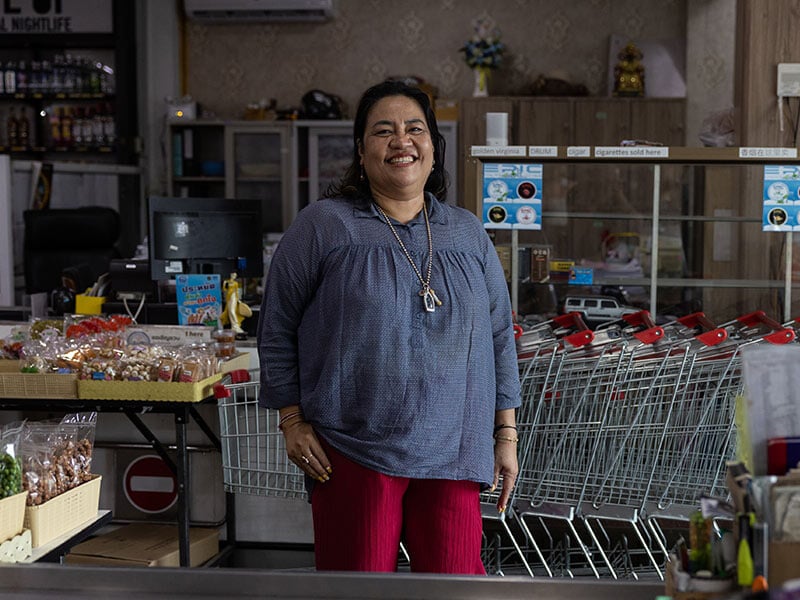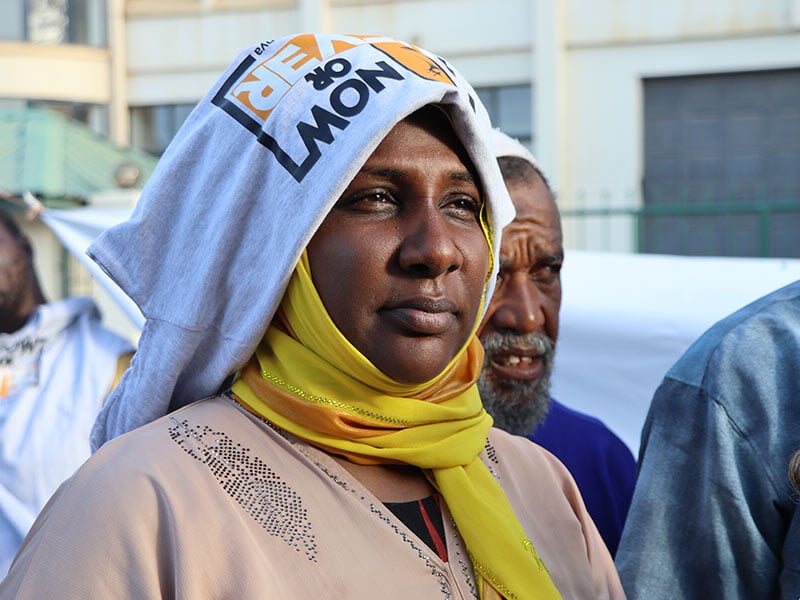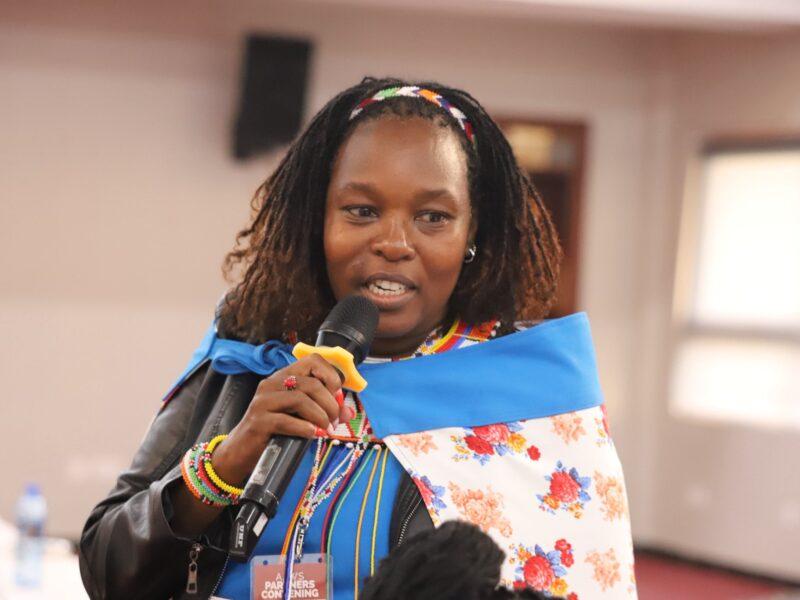Today marks World Food Day, when people across the globe celebrate the foods that are meaningful to us and renew our commitment to protecting the planet. Jewish culture is full of meaningful foods. Many of us enjoyed apples and honey to usher in a sweet New Year, look forward to latkes on Chanukah, the oil a miraculous marker of survival, and we’ve just celebrated Sukkot, the harvest festival, one of the ways that Jewish communities appreciate the abundance of the planet.
Protecting the environment and reverence for symbolic food transcends cultures. In honor of World Food Day, a few of the grassroots organizations supported by AJWS in Africa, Asia, Latin America and the Caribbean have generously shared what food and care for the planet mean to them and their communities.
In Kenya, the Ogiek Indigenous people have been fighting the Kenyan government for ownership of their ancestral lands for decades. AJWS partner Koibatek Ogiek Women and Youth Network (KOWYN) is a grassroots organization committed to environmental conservation, preservation of Ogiek culture and sustainable development. KOWYN executive director Judy J. Kipkenda shares the importance of the land:
“For us Ogiek Indigenous people, food is life and identity. Our ancestors lived in the forest. Wild fruits, honey, roots, and herbs sustained us and kept our culture alive. Today, when we plant Indigenous seeds and harvest from our own soil, it is more than food, it is restoring our dignity, our health, and our bond with the land that raised us. This is what we want to pass on to our children.”
In Guatemala, plans to build hydroelectric dam on the nearby Chixoy River would flood the valley — and force 19,000 other Indigenous villagers to lose their homes. But AJWS grantee ACODET — the Association of Communities for the Development, Defense of Land and Natural Resources — has been fighting back.
Isabel and husband, Agustín Chocooj, live with their two children and members of their extended family on a lush, fertile plot of land in a village that would be flooded by the dam. They are members of the Q’eqchi Indigenous community — one of Guatemala’s 24 distinct ethnic groups. Isabel speaks softly and lovingly about ‘Qana’ch’och’,’ Mother Earth in Q’eqchi language.
”When we say ‘Mother Earth,’ this is not just a concept. She is our mother — she gives us everything we need to survive,” says Isabel Chen Ical.
In Thailand, many of the 7 million families that rely on farming to feed themselves and earn a living do not have ownership documents for their land. The Thai government has used this lack of legal ownership to evict them from their homes and farms, often selling the land from under their feet to industrial farms and foreign investors. But Isaan Land Reform Network (ILRN) has been fighting back – protecting the lives, land and livelihoods of thousands of families in Northeastern Thailand.
ILRN’s coordinator and co-founder Pramote Phonphinyo shares his motivation for starting the organization:
“We grew up in the fields, raising buffaloes and working the land. This connects you to the land. You must work in synchronization with the earth. You can’t force anything. You’re dependent on the earth, and you must find harmony with her.”
AJWS partner Solidarity Uganda educates communities vulnerable to exploitation on how to organize collectively for their human rights. Women from the Alebtong region of northern Uganda have deep ties to their Lango ancestral land, but face pressure from industries trying to extract natural resources for profit. These women shared:
“Millet and sorghum are more than food to us. They have deep religious and symbolic significance, as these grains are central to many cultural celebrations and ceremonies, including marriages and naming ceremonies for children.”
Samburu Women’s Trust (SWT) is a longtime AJWS grantee founded by Indigenous Kenyan women to champion the human rights of Indigenous communities. Their latest initiative is the Naramat Indigenous Women Arboretum, where Samburu women are nurturing food security initiatives and food banks while preserving Indigenous knowledge. This first-of-its-kind project has broad community support and is preserving endangered herbs and trees. SWT Executive Director Jane Meriwas shares:
“The struggle for land, water, and climate justice is not new to our people. It is a story etched into our songs, ceremonies, and survival. It is a story of resisting extraction, displacement, and invisibility. But above all, it is a story of resilience—a fire that has burned from generation to generation, passed down through the hands and hearts of elders, mothers, warriors, and now youth.”
Around the world, AJWS partners are defending Indigenous lands and culture, working hard to feed their communities and protecting the planet for future generations, and it is a privilege to be in community with these incredible activists.


